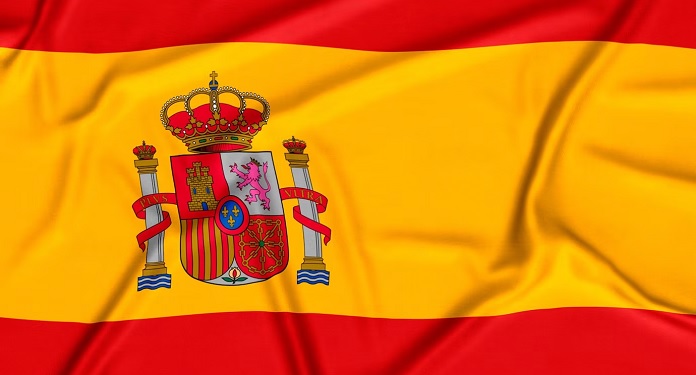Spain’s consumer minister, Alberto Garzón, has instructed his ministry to draw up technical regulations for loot boxes (loot boxes) that he says will make Spain the “pioneer in Europe” in protecting minors from interactions with these resources. The mechanism allows players to buy random chances to win an extra game item.
Rewards boxes were not included in the latest update to Spain’s betting legislation, which focused on protecting young people. However, Garzon’s ministry conducted a 12-month investigation into video game purchases of these items and their potential risk to minors.
His research found that 35% of video games and 55% of mobile games in Spain used loot box mechanisms as a means of monetization. It was concluded that minors’ interactions with devices can lead to gambling addiction.
The ministry is expected to propose a registration system that will require age verification for video games and prohibit minors from accessing stores where loot box credits can be purchased. There will also be rules about how in-game crates and promotions are advertised.
Garzon argued that if such controls are not implemented, Spain should take the approach of Belgium and Japan and ban purchases of real money reward crates altogether.
Countries in Europe are starting to toughen rules on reward boxes
Other countries in Europe have also started to tighten regulations on loot boxes. Earlier this year, Germany’s video game ratings agency (Unterhaltungssoftware Selbstkontrolle) included the use of loot boxes in its ratings. In March, an Austrian court ruled that FIFA reward boxes are a form of play and should be labeled as such.















